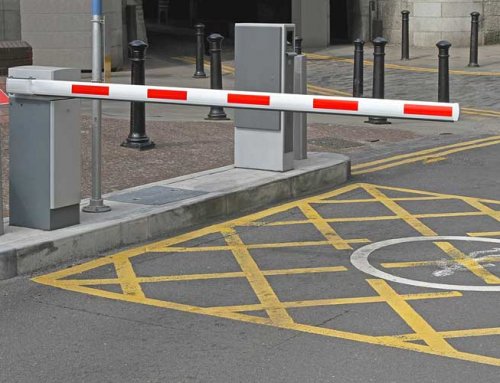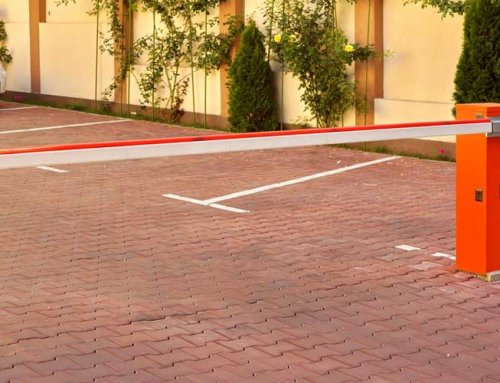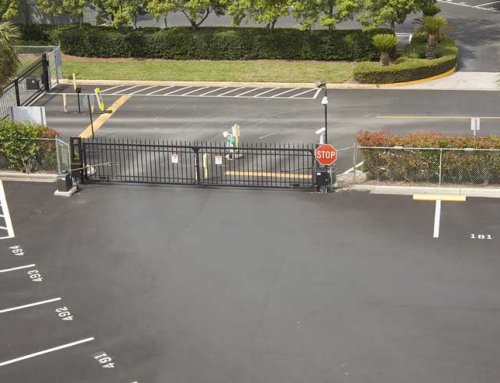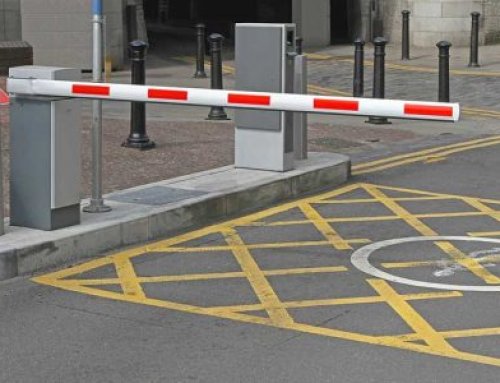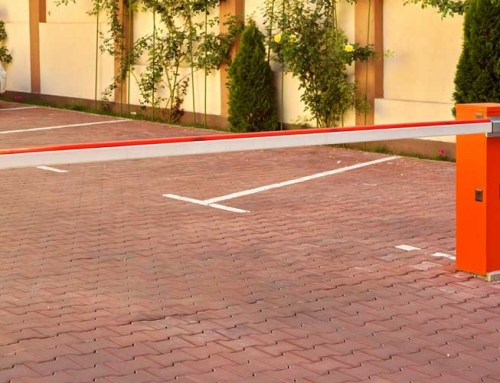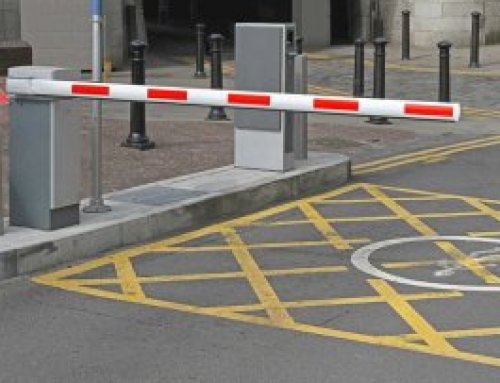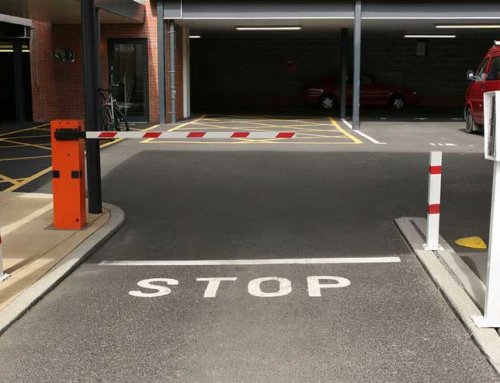Today, domestic barriers like automated sliding gates are regulated by law in the UK; they must be installed with the appropriate safety features or the installer will face legal repercussions. This was not always the case, however, and many automatic gates (and other barriers, both commercial and domestic) were installed without any safety precautions in the past. As such, if you have automated domestic barriers like those you find when you click here in place, but that are decades old, it’s advised that you get your installation retrofitted with safe modern automation technology. Failing to do so opens you and your family up to the following risks:
Collision
Depending on the type of domestic barriers you have installed, there may be a very real risk of collision—human, vehicle, or animal. This risk is particularly acute if you have children or elderly persons living on your property; it’s easy for a child or elderly person to, for example, get an article of clothing caught on part of a gate while it is closing, fall, and be unable to get up in time to avoid being injured by the gate closing on them. Disabled persons can also struggle to get through an automatic gate before it closes.
Fortunately, modern automation systems can be outfitted with “object detection” technology which senses the presence of something or someone obstructing the path of the gate and forces the gate to halt and/or re-open so that no one becomes injured.
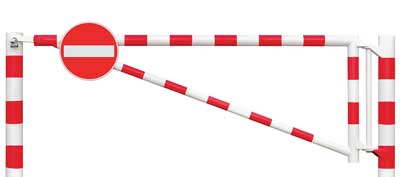 Electric Shock
Electric Shock
If your gate was installed prior to 2005, when the government introduced “Part P” to the Building Regulations to ensure that all domestic electrical installation work in England and Wales falls under the legal framework of the Building Regulations (meaning that much stricter safety measures were required by law), then your automated installation may pose a serious electrocution hazard. It’s therefore extremely important to have any automated domestic barriers installed prior to 2005 inspected by a professional who is familiar with the requirements set forth in Part P. (Note that you should also have any other older electrical installations on your property, for example automatic garage door openers and lighting fixtures, inspected by trained professionals if they were installed prior to 2005.)
Pushing
Certain types of domestic barrier have the power and potential to a push a person over, especially if that person is small (e.g. a child) or frail. Because domestic gates are often installed over hard surfaces such as asphalt (which frequently becomes slick in poor weather conditions, raising the risk of falls), gate-related falls can result in significant injuries. Once again, simple object detection technology which tells the gate to cease moving when an obstruction is present can prevent these worrying accidents.
Trapping
A gate installation professional will also be able to minimise the risk of issues like “trapping” (when a human or animal limb becomes trapped in the spaces of a gate, leading to injury) by suggesting techniques such as installing a mesh covering which eliminates gaps and makes it impossible to fit a limb through the gate.
Before having domestic barriers installed, discuss any safety concerns you may have with your installation professional; he or she will be happy to assist you.
If you want to see more of the gates we have hand crafted and designed for our customers you can find them on Facebook.
If you have any inquiries you can contact us here


